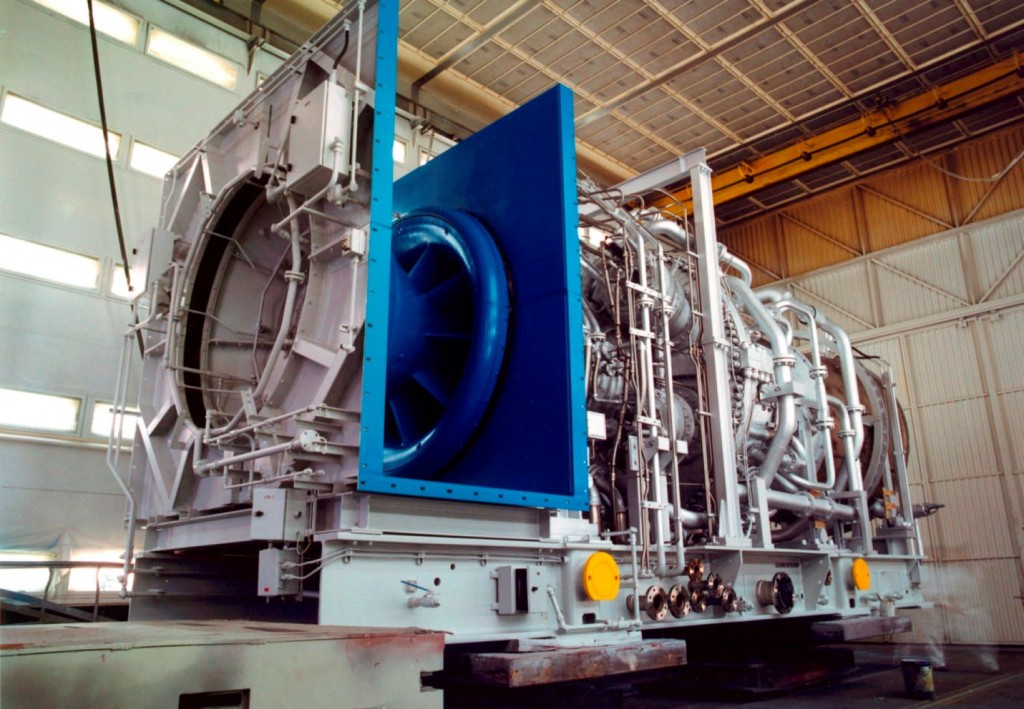The image above shows one of four gas-powered cycle power plant turbines that will be inspected by SGS, the world’s leading inspection, testing and certification company. The inspection’s goals are to insure compliance with, in this case, Turkey’s Grid Code and verify that the new facilities can maintain operation at the expected level. The project will take place over a three-year period and the power plant, when fully operational, will provide an output of 250 MW.
Inspecting & Verifying for Over 125 Years
SGS S.A., located in Geneva, Switzerland, has 75,000 employees and operates over 1,500 offices and laboratories around the world. The company was born in the late 19th century in the wake of an effort by England, France, Germany, the Mediterranean and the United States to standardize export shipping documentation, stipulate shipping procedures and resolve disputes related to the quantity and quality of imported grain.
SGS was founded in Rouen, France, when it began inspecting French grain imports: the rights and obligations of parties involved in trade were defended by SGS as the quantity and quality of grain was inspected on arrival to its destination and verified. Prior to inspections, the incidence of pilfering of shipments while in transit was rife, causing considerable friction amongst the parties and inevitably gumming up the gears of world trade.
As one might expect with a company that has been around for more than a century, it has greatly expanded and diversified its services. SGS is now providing a variety of services in agriculture, automotive, consumer testing, environment, government, institution, industrial, life science, mineral, oil, gas, chemical, and systems and services certification.
The following video explains what SGS does:
At first blush, one might wonder about the need for such a company. Aren’t these the responsibilities of governments and their many branches?
In fact, governments lay down rules, but as we know, rules are not always clear or evenly enforced. SGS as an intermediate concern, provides experience and knowledge, inspecting and verifying weight and quality of goods, developing testing procedures to standardize the quality and performance of products while ensuring they meet health, safety and regulatory standards. Finally, SGS helps companies make sure their products, systems and services meet local and international standards as set by governments, multifarious standardization bodies and customers.
An Example: Alternative Fuels
The demand for low-carbon energy sources is growing and the use of alternative fuels, including waste, biomass, wood pellets, wood chips and others is expanding. In order for alternative fuels to ever have a shot at becoming a mainstream energy source, these raw materials must be standardized in terms of quality, reliability and sustainability.
In this case, SGS provides comprehensive inspection, auditing, analysis, sampling, testing, calibration and monitoring services for players in the alternative fuel supply chain. SGS ensures the development of best practices and methodologies and risk management and reduction.







